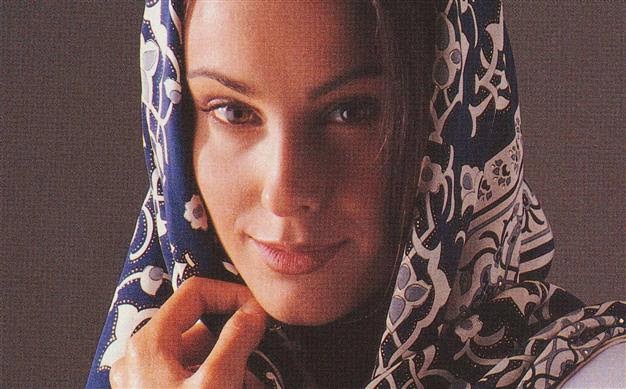#QuiSommesNous? A Socratic dialogue on “L’Affaire Charlie Hebdo”
UMUT OZKIRIMLI and SPYROS A. SOFOS Appeared in openDemocracy.com on 13 January 2015 Freedoms are not unlimited but who, when and how can we limit them? Two colleagues agree to disagree. Content warning: graphic and potentially offensive imagery, including torture. Umut – This time it was different. I could not put a finger on how I felt on the morning of January 7, as I was refreshing my Twitter feed every ten seconds, hypnotized by the cold-blooded execution of Ahmed Merabet at the scene of the massacre. I was horrified of course, and angry like everybody else, at the perpetrators, at the structural conditions that have produced them, at the way in which religion had become a cloak for what was essentially a politically motivated act of barbarism. But there was more to it. I was also numbed by disbelief, a profound sense of desperation, even defeatism. In a way, I felt like the Knight in Ingmar Bergman’s The Seventh Seal, seeking answers to existential questions about life




